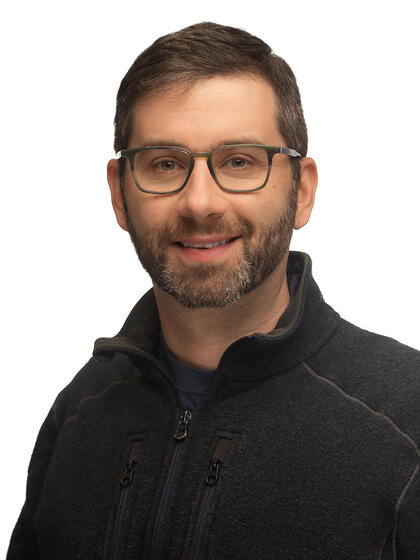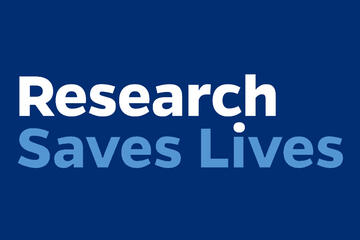As my flight lifted off from the nation's capital and charted its path homeward to Seattle, a familiar voice filled my headphones—Linda Eder, singing "Someone Like You." A ballad from Jekyll & Hyde, the song felt hauntingly apt for the moment.
To help me see a world I've never seen before / A love to open every door / To set me free so I can soar
That is what Hopkins did for me—it has opened every door.

Image caption: Bill Kirst
I gazed out the window, the clouds below like parchment waiting for ink, and let my curated playlist, The Medicine is in the Craft, carry me into reflection.
Seventy-two hours prior, I had arrived at Johns Hopkins University's Homewood campus for my 25th Alumni Weekend. A return to sacred ground. It's hard to believe it's been three decades since I first walked this campus in April 1995—a young man in search of meaning, belonging, and voice. I found all three there.
Hopkins did not just educate me. It shaped me.
And now, in these turbulent times, I find myself returning as an alumnus, and as a witness—one who sees clearly the role this institution continues to play in the health of our democracy, and the peril it now faces.
Johns Hopkins is America's first research university. And today, research universities across this nation find themselves under siege—targeted by political maneuverings not seen since the Red Scare. The tactics may be different, but the fear they seek to instill is familiar. And dangerous.
JHU President Ron Daniels, in What Universities Owe Democracy, reminds us of the essential civic role that institutions like Hopkins serve. Universities, he argues, are not luxuries of the privileged. They are protectors of democracy's pulse—vessels for reason, havens for discourse, and engines of discovery. When we weaken them, we do not merely threaten academia—we threaten the future.
During Alumni Weekend, President Daniels addressed returning alumni not as a leader perched above, but as a fellow human walking with us through heartbreak and hope. He spoke of tides—of longing for a swell that lifts all voices, all vessels. His words struck a chord that echoed through the marble halls and leafy courtyards.
We are living through a tidal shift. A season of grief, languishing, and institutional fatigue. A time when scholars and public servants are asked not only to innovate, but to defend their right to try. The purge of Persephone is upon us—an abduction of light, a descent into an academic winter.
The numbers tell a chilling story: only 37% of Americans trust our universities today. That's a 20-point drop in just 10 years. This is not just a crisis of confidence—it's a crisis of purpose.
But here, in the heart and hearth of Hopkins, I remembered what we stand to lose.
This university is a modern-day stoa—an ancient gathering ground where reason meets rhetoric, where pathos meets logos, where curiosity is fostered, never feared. It is a place that never bends the knee to demonstrate allegiance to a dogma, and courageously invites fidelity to discovery. These classrooms and laboratories are sanctuaries. Sanctuaries where suffering is studied, lessened, healed.
Research saves lives—not only through medicine, but also through meaning.
As a U.S. Army veteran, I carry a sacred responsibility to defend the freedoms that allow this experiment in democracy to endure. That includes protecting institutions like Hopkins—places that allow the free exchange of ideas, the pursuit of truth, and the radical act of believing that tomorrow can be better than today.
As I walked the campus, as I have been doing now for close to 30 years—past the breezeways, the classrooms, the labs and libraries—I remembered why this place saved me. I smile now thinking about the countless hearts and minds who believed in me, inherently, and helped me find that worthiness to keep going, keep learning and keep giving back. And that is why we must, in turn, save it.
This summer, I will return once more to witness the beginning of a new chapter with the openings of the nearly complete the Hopkins Student Center and the SNF Agora Institute building—emblems of what is still possible. These will be our generation's stoas, and for some, they may be their first.
So let us gather again. Let us debate. Wonder. Reimagine. Let us remember that dignity and data are not mutually exclusive, that both are antidotes to despair.
And above all: let us protect the places where research does what it has always done—ignite ideas, inspire progress, and enrich lives.
This one included.
Bill Kirst is a podcaster, storyteller, and change management expert who has helped dozens of organizations and clients achieve transformational goals during his career. He earned a bachelor's degree in international studies and Russian from Johns Hopkins University and a master's in communication, culture, and technology from Georgetown.
Posted in Voices+Opinion, Alumni








